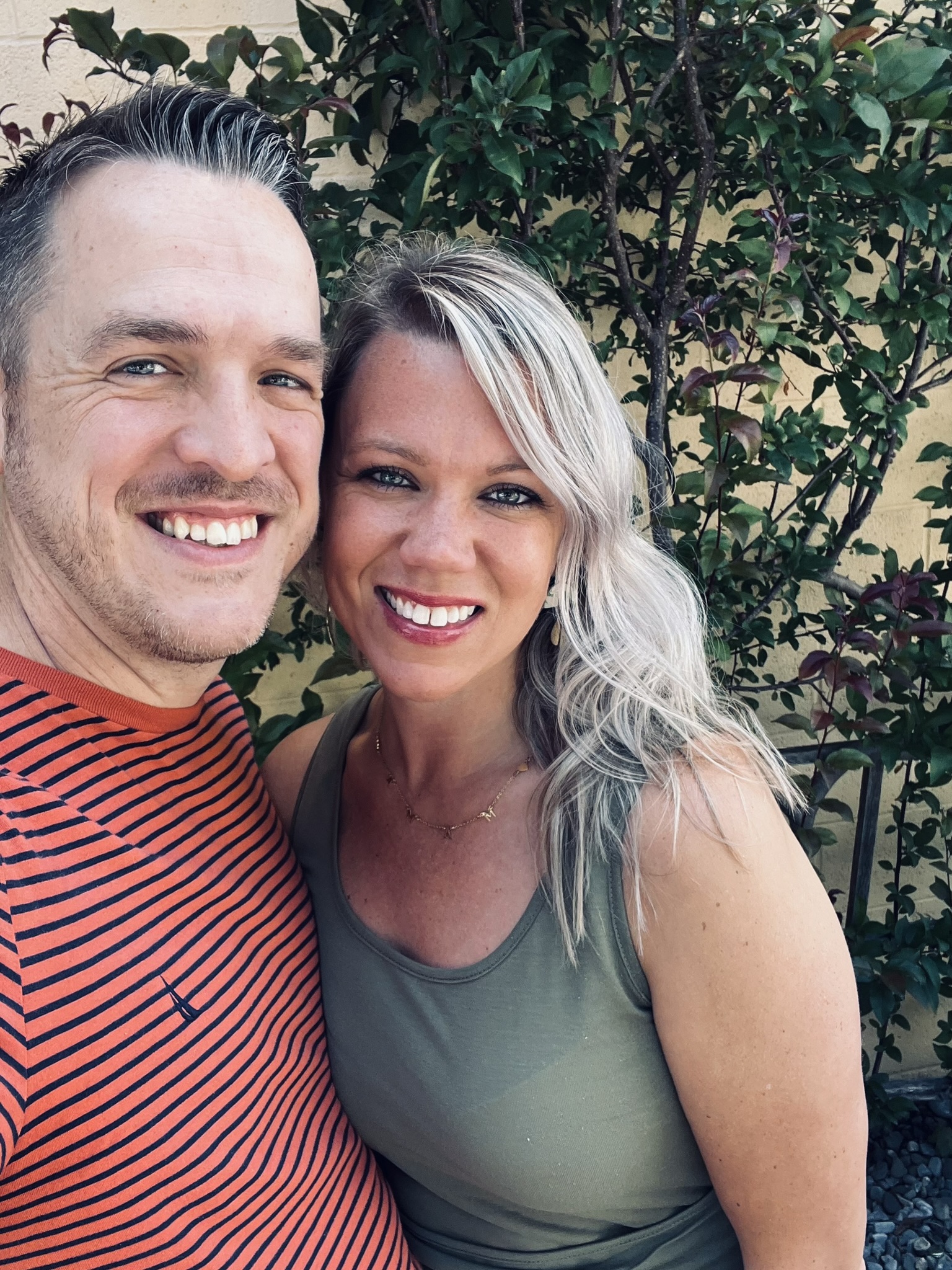Recently, I had a pretty interesting encounter with a customer at my place of work. The week before, this individual had called in requesting some work to be done at their house. I informed them that I would write up the work to be done and as soon as we could have the owner of the company take a look at it, we would send him. So last week, when they called back in, they sounded frustrated and accused me of lying to them. I probably sounded a little bewildered on the phone simply because I had no idea what they were talking about. The man claimed I told him that I would be calling him back at the beginning of the week when in reality, I never said that.
It doesn’t feel good to be accused of lying. Perhaps it’s because before recovery my life was basically one big lie. Or, it’s probably more likely the fact that over the last 13 years, I’ve worked hard to refine my character & integrity. To become a man who is honest. Who has nothing to hide. And for that to be questioned (even if it had nothing to do with my recovery) felt like it really struck a nerve inside.
I began thinking about one of the most fundamental building blocks of addiction recovery: Honesty. The willingness to drop the walls, drop the facade, and allow others to see inside of your life. A life of honesty refuses to hide, cover up, or deny the truth. It seeks only to be completely transparent, allowing light to shine upon anything unseen.
For obvious reasons, the Bible has much to say about the importance of living an honest life. One such verse sticks out to me in writing about this subject:
“The Lord detests lying lips, but he delights in those who tell the truth.” (Proverbs 12:22)
Notice the incredible contrast here in this verse. I love how it’s implied that the Lord doesn’t associate lying behavior to a person’s identity. While sin’s imprint was upon us even from birth, it was never meant to become our identity. But for the one who lives a life of truth, in this verse, it’s said the Lord “delights” in them. The word delight is closely related to the word pleasure. Think about something that gives you pleasure. Real pleasure. The kind of pleasure that makes you whole. The kind that fulfills every longing and desire you have. This is what a life of honesty, a life of integrity, a life of truthfulness brings to our Creator.
But He doesn’t stop there. If you really think about it, truth and honesty go even beyond our words. Truth must originate from our hearts. This is a sure sign that we have been transformed and are continually being changed by Jesus’ love. Look at Psalms 51:6:
“I know that you delight to set your truth deep in my spirit. So come into the hidden places of my heart and teach me wisdom.”
Notice the writer uses again the word delight. Perhaps our greatest act of worship to God is the truth that emerges from a life that is fully surrendered and has nothing to hide. We all have places in our hearts that haven’t yet been exposed to His transformative touch. As long as we live there will always be these areas. The invitation is for Jesus to come into those spaces. THIS is where honesty and credibility is built. In this verses context, the Hebrew word for “inward parts” can mean “something that is covered over, hidden, or concealed.” This could also be paraphrased as “you desire light in my darkness” or “you want truth to expose my secrets”.
Doesn’t that kind of life appeal to you? It does to me.
I believe that is the kind of person we’re working to become in recovery. You may read these words and struggle to believe that you can become that person. That you can’t be honest with your spouse. You can’t be honest with your kids. You can’t be honest with your friends.
I really want you to read this closely: Nothing could be further from the truth. You have the opportunity to live the kind of life that you’ve never known. And it all could start with one conversation. One confession that becomes the standard for how you choose to live your life. Do you want to live in obscurity and isolation? Or do you want to live with the reality that nothing is hidden and nothing is off limits to the people in your life?
You can make that decision today. Small Groups Online could be the perfect opportunity for you to begin walking in truth for the first time. SGO makes it incredibly easy to become apart of a healthy community of men or women who share similar struggles as you. Through a weekly Zoom meeting at a time that is convenient for you, you will receive encouragement and support for the journey that you’re on.
You can become a person of truth if it’s something you really want. A question that often came to my mind throughout my recovery journey was this: “Am I willing to do whatever I need to do to become the man that God wants me to become?” That answer has and will always be a resounding YES. I’m thankful today for all of the ways the Lord has transformed my heart and helped me to become a person who is pursuing truth every single day.

Frank is passionate about helping individuals live with sexual integrity. He also works alongside his wife Tracey in helping spouses who have been devastated by their partner’s addiction. Frank & Tracey live in beautiful southern Delaware with their two children: Nathan and Addison.

